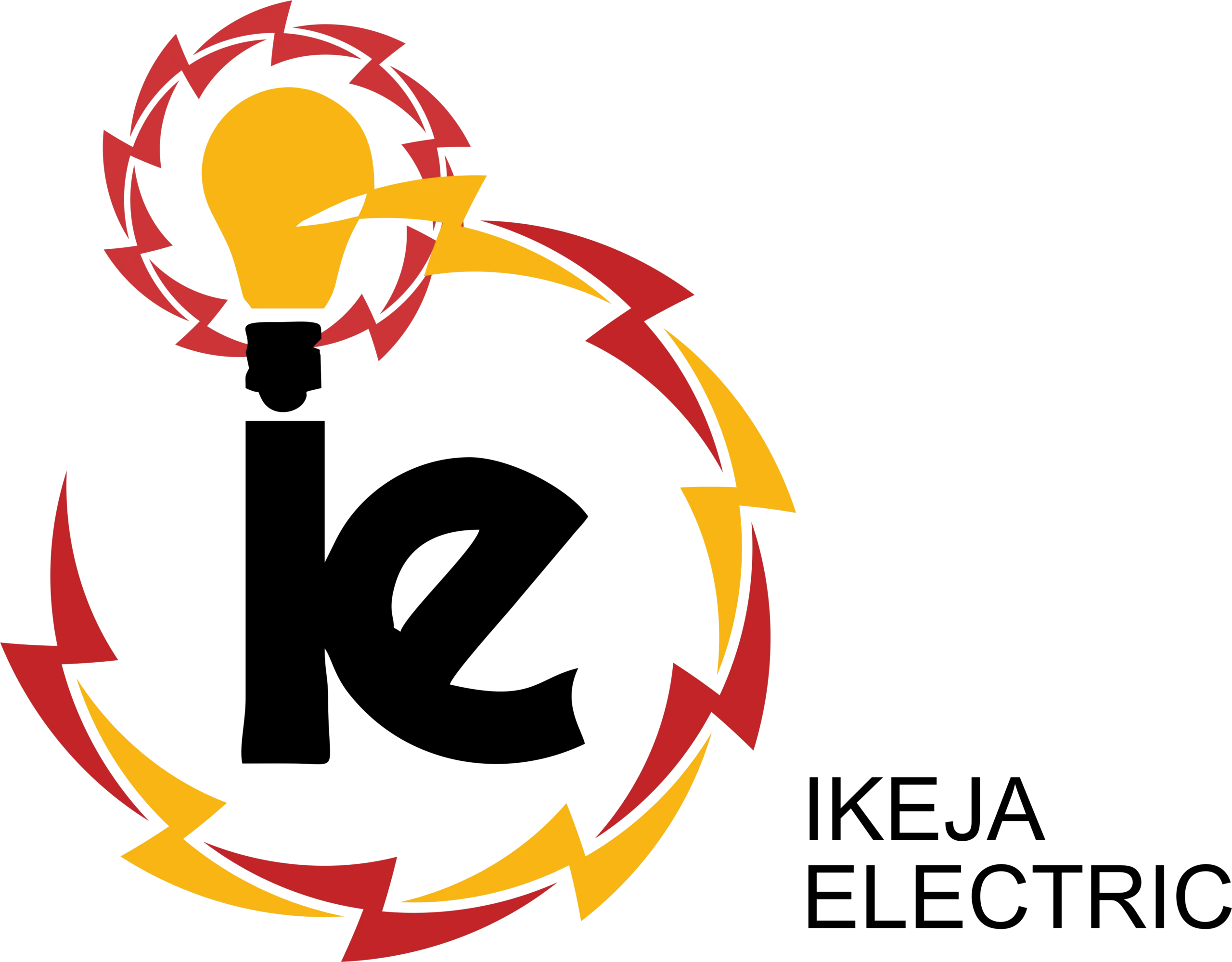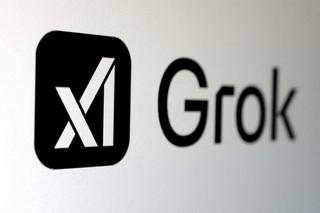The lawsuit featured 16 plaintiffs, including the families of five children who died while working as cobalt miners.
Business Insider reported that the U.S. Court of Appeals for the District of Columbia dismissed the appeal filed by former child miners and their advocates, ruling in favour of the technology corporations.
Cobalt is a component of lithium batteries, which are used in iPhones, rechargeable cars, and other items, cobalt is an essential resource for electronics businesses. The Democratic Republic of the Congo is where the majority of the cobalt mined globally is located.
In order to meet their growing demand for the metal, the five firms allegedly “deliberately obscured” the fact that they relied on child labour, with a number of minors forced to work out of desperation and extreme poverty.
In the Democratic Republic of the Congo, the U.S. Department of Labour estimates that at least 25,000 minors labour in cobalt mines.
But according to the appeals court, buying cobalt as part of the global supply chain did not qualify as “participation in a venture” for the purposes of federal legislation that shields minors from forced labour and human trafficking.
Although Circuit Judge Neomi Rao said that “The plaintiffs had the right to pursue damages, she did not demonstrate that the five businesses had the authority to halt the usage of child labour”
She continued by saying that “The DRC government, other cobalt users and labour brokers are only a few of the numerous parties accountable for labour trafficking.
Dell said in a statement that “It has never purposefully sourced items made using child labour and that it is dedicated to protecting workers’ human rights across its supply chain.
According to court records, Zhejiang Huayou Cobalt, Glencore, Umicore, and Eurasian Resources Group were the cobalt suppliers involved in this case. None of these vendors, meanwhile, were included in the lawsuit as defendants.










